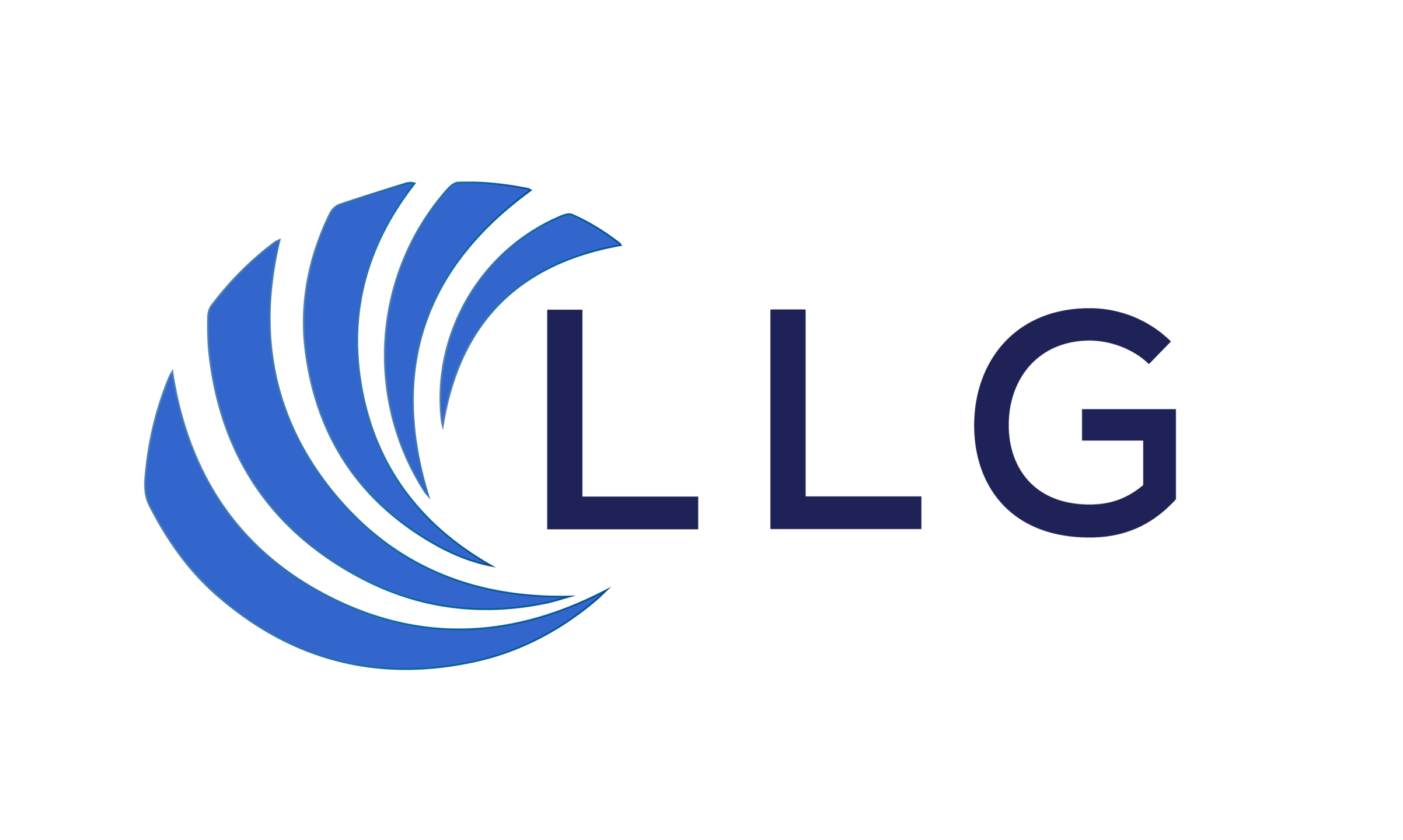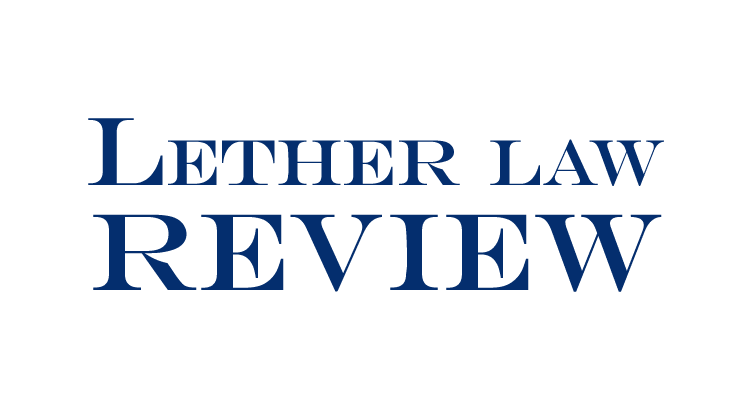The rapid spread of COVID-19 throughout the United States and resulting governmental shut-down orders have sparked a large increase in business interruption claims and subsequent litigation. While “direct physical loss” and “necessary suspension” policy language have been addressed in most jurisdictions, the less commonly litigated terms of civil authority coverage and virus exclusions are the subject of debate in many courts across the country. The following is a summary of notable rulings on COVID-19 business interruption coverages:
- In re: COVID-19 Business Interruption Protection Insurance Litigation, United Statees Judicial Panel on Multidistrict Litigation, MDL No. 2942, 2020 U.S. Dist. LEXIS 144446: The Panel denied the plaintiffs’ motion to transfer and consolidate 263 cases across 48 districts into a single industry-wide business interruption coverage case. The Panel found that consolidation was inappropriate because differences overwhelmed any common factual questions – there was no common defendant, different policy forms, and a diverse group of plaintiffs located throughout the United States. Moreover, the Panel found that consolidation would be inefficient for all parties and courts involved.
- 10E, LLC v. Travelers Indem. Co., United States District Court for the Central District of California Case No. 2:20-cv-04418-SVW-AS, 2020 U.S. Dist. LEXIS 156827: The court granted Travelers’ Motion to Dismiss, interpreting “direct physical loss” to require “the permanent dispossession of something” as opposed to a temporary restriction of the use of property. The 10E court found that the plaintiff-restaurant was not entitled to business interruption loss or civil authority coverage arising from governmental orders restricting restaurants to take-out and delivery due to COVID-19.
- Gavrilides Management Co. v. Michigan Insurance Co., Michigan Circuit Court Case No. 20-258-CB-C30: The court granted Michigan Insurance Company’s motion to dismiss after finding that a loss of income due to orders limiting a restaurant’s operations to take-out and delivery in response to COVID-19 did not satisfy the requirement of physical loss of or damage to property. The Gavrilides court stated that “physical alteration to or physical damage or tangible damage to the integrity of the building” was required for coverage.
- Malaube, LLC v. Greenwich Ins. Co., United States District Court for the Southern District of Florida Case No. 20-22615-Civ, 2020 US Dist LEXIS: Magistrate Judge Edwin Torres recommended granting Greenwich Insurance Company’s Motion to Dismiss COVID-19 Business Interruption claims brought by a restaurant. Where government orders prohibited indoor dining but allowed delivery and take-out orders, Judge Torres found that no “direct physical loss or damage” occurred because the government orders never made the plaintiff’s restaurant uninhabitable or substantially unusable.
- Rose’s 1, LLC v. Erie Ins. Exch., District of Columbia Superior Court Case No. 2020 CA 002424 B, 2020 D.C. Super. LEXIS 10: The court granted summary judgment after finding that government orders restricting business operations do not constitute “direct physical loss.” The court found that that the government’s orders did not cause any “direct” change to properties, that the orders did not have any “effect on the material or tangible structure of the insured properties,” and the orders did not constitute a “loss” because they did not have any “direct physical intrusion on to the insured property.”
- Diesel Barbershop, LLC, v. State Farm Lloyds¸ United States District Court for the Western District of Texas Case No. 5:20-CV-461-DAE, 2020 U.S. Dist. LEXIS 147276: The court granted State Farm’s motion to dismiss, finding that business interruption coverage required tangible injury to property and upholding the policy’s virus exclusion. Specifically, the court found that the shut-down orders were a sequential result of the presence of COVID-19, and therefore, “the primary root cause” of Plaintiffs’ business closure.
- Social Life Magazine, Inc. v. Sentinel Ins. Co. Ltd., United States District Court for the Southern District of New York No. 20 Civ. 3311 (VEC): The court denied plaintiff’s motion for preliminary injunction because COVID-19 does not cause physical damage to property, rather, “it damages a person’s lungs.”
- Optical Services USA, et al. v. Franklin Mutual Insurance Company, New Jersey Superior Court Case No. BER-L-3681-20: The court denied Franklin Mutual’ s motion to dismiss, finding that plaintiffs should have the opportunity to engage in issue-oriented discovery to fully establish the record regarding direct covered losses and to amend their complaint accordingly. The court also found that Franklin Mutual failed to provide any controlling legal authority supporting their interpretation of “direct physical loss,” admitting that the New Jersey legal authority addressing this issue was limited.
- Martinez v. Allied Insurance Company of America, United States District Court for the Middle District of Florida, Case No. 2:20-cv-00491-FtM-66NPM: The court granted Allied’s motion to dismiss, upholding the policy’s virus exclusion. The court found that plaintiff failed to assert that his loss or damage was due to a “covered cause of loss.” Rather, the court found that because the plaintiff’s damages resulted from COVID-19, neither the governmental orders narrowing plaintiff’s dental services nor the disinfection of the dental office constituted a “covered cause of loss” pursuant to the policy’s virus exclusion.
- Studio 417, Inc., et al. v. The Cincinnati Insurance Company, United States District Court for the Western District of Missouri Case No. 20-cv-03127-SRB, 2020 U.S. Dist. LEXIS 147600: The court denied Cincinnati’s motion to dismiss, finding that the plaintiff had adequately stated a claim for direct physical loss and claims under the policy’s civil authority, ingress and egress, and dependent property coverages. Specifically, the court found that plaintiff’s adequately alleged a causal relationship between COVID-19 and their losses – that COVID-19 “is a physical substance” that attached to and deprived Plaintiff’s of their property, making it “unsafe and unusable”.
- Turek Enterprises, Inc. v. State Farm Mutual Automobile Insurance Company, et al., United States District Court for the Eastern District of Michigan Case No. 20-11655, 2020 U.S. Dist. LEXIS 161198: The court granted State Farm’s motion to dismiss, finding that “direct physical loss” required tangible damage and that coverage was otherwise precluded by the virus exclusion. Specifically, the governmental orders and plaintiff’s business interruption losses resulting therefrom “would not have occurred but for COVID-19.”
Lether Law Group currently represents several national insurers in COVID-19 business interruption litigation in state and federal courts in Washington, Oregon, California, and Pennsylvania. If you have questions about any state-specific requirements which have been enacted due to the COVID-19 pandemic or general questions in regard to pending insurance claims and compliance with any regulatory requirements, please feel free to contact our office.
The above article is an opinion based on various resources such as industry knowledge and is not to be construed as legal advice or to be used as such. If you require legal advice or would like to inquire further about the information contained in this article, please feel free to contact our office directly.
|

